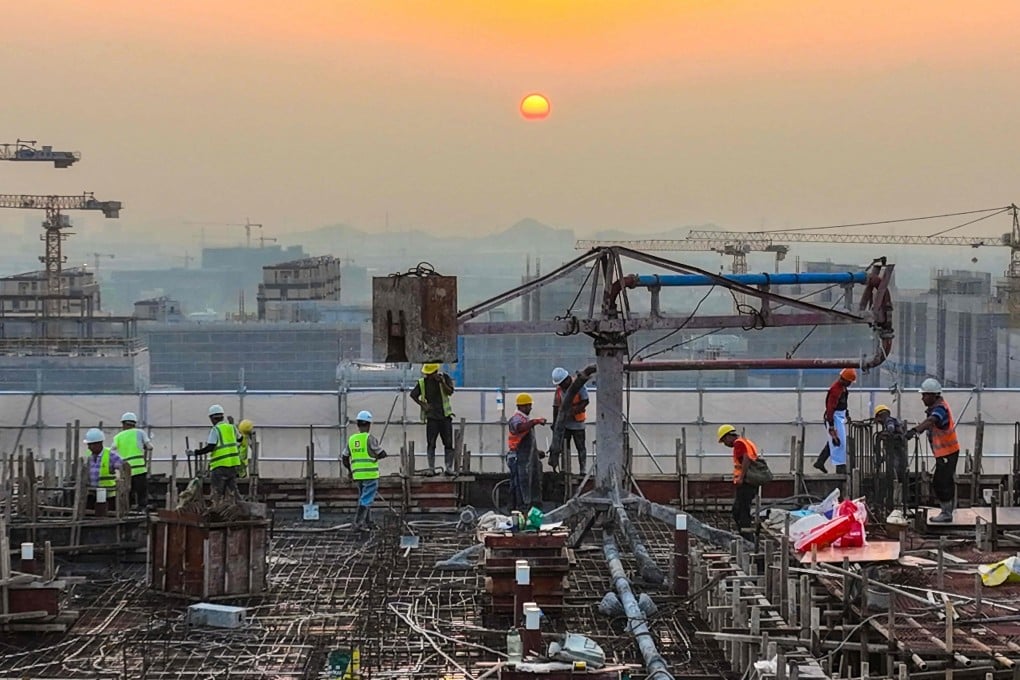Advertisement
The View | China’s economic woes cry out for Zhu Rongji’s spirit of bold reform
- Pledges of reform from a decade ago have been unfulfilled or unevenly implemented, leaving China’s economy struggling to reach its full potential
- Leaders should look to the legacy of Zhu Rongji, who embraced bold but unpopular reforms to improve people’s well-being
Reading Time:3 minutes
Why you can trust SCMP
2

Ten years ago, the Third Plenum of the Communist Party Central Committee aimed to allow the market to play a decisive role in resource allocation. In contrast, the recent central financial work conference emphasised upholding party leadership and keeping finance people-oriented.
This change in policy, with the state taking precedence over the market, sets the tone for the next plenary meeting.
The reform promises of 2013 have been unevenly implemented over the past decade. For example, consider the development of entrepreneurship and small and medium-sized enterprises (SMEs). Many SMEs suffered heavily under China’s strict zero-Covid policy, and the country’s age of unbridled ambition has given way to its young people “lying flat”.
Advertisement
Firms are increasingly nervous about investing in the uncertain economic climate, despite the state’s reassurances and exhortations.
Meanwhile, foreign companies do not see a level or stable playing field. In an environment of regulatory uncertainty and geopolitical tension, foreign investment in China has fallen recently despite government efforts to promote it.
Advertisement
In terms of innovation and technological development, the Chinese government has prioritised self-sufficiency amid increasing competition with the United States.
Advertisement
Select Voice
Choose your listening speed
Get through articles 2x faster
1.25x
250 WPM
Slow
Average
Fast
1.25x
